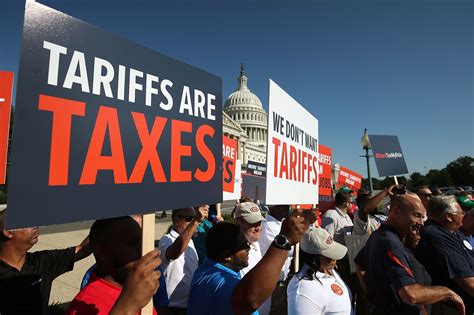—
The Changing Tide
In a surprising turn of events, the Justice Department has made a significant decision to disband its unit responsible for investigating cryptocurrency-related crimes. This move marks a notable shift in the regulatory approach towards the crypto industry under the Trump administration.
Criticism and Denouncement
Deputy Attorney General Todd Blanche took a firm stance by criticizing previous investigations conducted by his predecessors, labeling them as “ill conceived and poorly executed.” This denouncement reflects a clear break from past enforcement strategies and sets the stage for a new direction in handling crypto-related offenses.
Presidential Influence
President Trump’s vocal support for the cryptocurrency sector has been evident throughout his tenure. His eagerness to embrace digital currencies was further underscored by his family’s venture into the industry through World Liberty Financial. Additionally, Mr. Trump’s issuance of his own memecoin and plans for digital asset investment products through Trump Media & Technology Group signify a personal stake in promoting crypto initiatives.
Regulatory Relaxation
The directive issued by Deputy Attorney General Blanche aligns with President Trump’s broader agenda of easing regulatory constraints on cryptocurrencies. By narrowing the focus of investigations to major crimes such as fraud, drug trafficking, and terrorism, the administration aims to foster innovation within the industry while maintaining vigilance against illicit activities.
Industry Response
The ripple effect of this policy shift is not limited to the Justice Department alone; it extends to other regulatory bodies like the Securities and Exchange Commission (S.E.C). The S.E.C.’s dismissal of lawsuits and investigations involving unregistered crypto exchanges indicates a recalibration in their approach towards overseeing digital asset markets.
Legal Landscape Evolution
As legal frameworks adapt to accommodate emerging technologies like memecoins, regulators are faced with navigating uncharted territory where traditional definitions may not fully apply. The S.E.C.’s decision not to regulate memecoins as securities underscores the complexities inherent in regulating novel digital assets that defy conventional classification norms.
—
By dismantling its cryptocurrency enforcement unit and redefining its investigative priorities, the Justice Department signals a pivotal moment in reshaping how regulatory oversight intersects with technological advancements. As stakeholders across various sectors adjust to this paradigm shift, one thing remains certain – change is inevitable in an industry defined by innovation and disruption.




Leave feedback about this